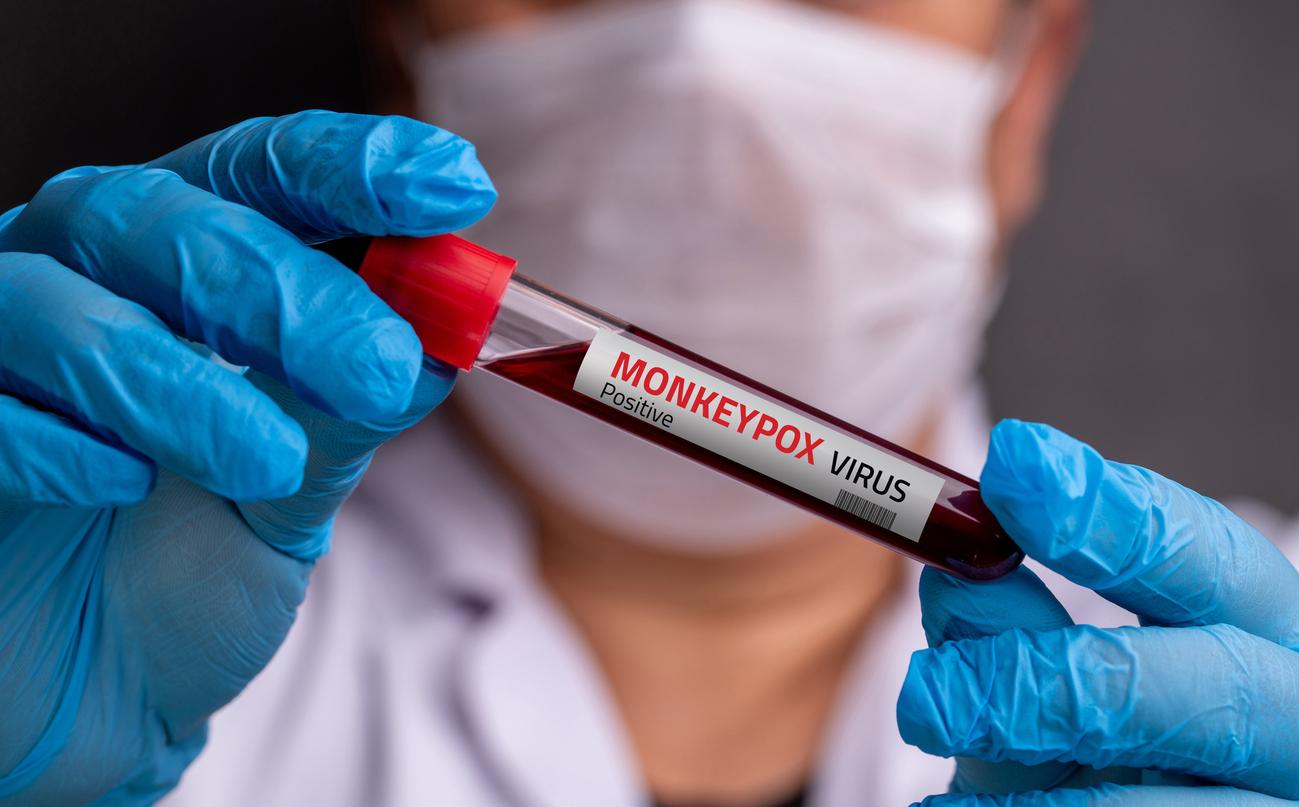March 11, 2008 – Women who lead stressful lives are more likely than others to experience the potentially carcinogenic effects of human papillomavirus (HPV), according to US researchers1.
Although HPV can cause cervical cancer, most of the time it is contained by the immune system. However, HPV can also cause cervical dysplasia: an abnormal change in the cells of the cervix (precancerous cells) that can, in some cases, degenerate into cancer.
In fact, it is when the immune system fails that the virus can become dangerous. “HPV infection only causes cervical abnormalities in women with compromised immune systems,” the researchers say. But stress can actually weaken it.
Lymphocytes are the immune system’s response to infection with the virus. The researchers measured the levels of lymphocytes specific to HPV16, the subtype of HPV most commonly associated with cervical dysplasia, in 74 women treated for precancerous cells of the cervix. According to their results, those who suffered from chronic stress in their daily lives had particularly low levels of HPV-specific lymphocytes16.
Their immune system therefore defended itself less well against the virus, which, according to the researchers, could increase the risk that the lesions of dysplasia degenerate into cancer of the cervix, the researchers conclude.
The authors of the study stress, however, that the results do not allow us to conclude that stress is directly responsible for the observed immune deficiency. It will be necessary to push research in order to be clear about it, they specify. However, there is nothing preventing women with HPV from taking stress-reducing measures, the researchers add.
HPV: a widespread STI
HPV, which is transmitted during sex, is widely distributed in the population. The results of an investigation2 Survey of 130 young American women recently found that about 30% of young women contracted an HPV infection within one year of their first sexual encounter. Half of them were infected after three years.
Experts recommend that sexually active women undergo, on a regular basis, a medical follow-up including a pelvic exam and a Pap smear (Pap smear) so that they can quickly diagnose cervical dysplasia.
As for the HPV vaccine, it would be very effective in girls who have not yet had sex. This is why it is recommended to vaccinate girls from the age of 9 years. American and Canadian medical authorities advocate routine immunization of young girls in the hope of reducing the incidence of this virus in the population.
Pierre Lefrançois – PasseportSanté.net
According to HealthDay News and Reuters Health.
1. Fang CY, et al. Perceived stress is associated with impaired T-cell response to HPV16 in women with cervical dysplasia. Annals of Behavioral Medicine. February 2008, Vol. 17, no 1. [Étude non répertoriée dans Medline au moment de publier cette nouvelle.].
2. Winer RL, Feng Q, et al. Risk of female human papillomavirus acquisition associated with first male sex partner. J Infect Dis. 2008 Jan 15; 197 (2): 279-82.















